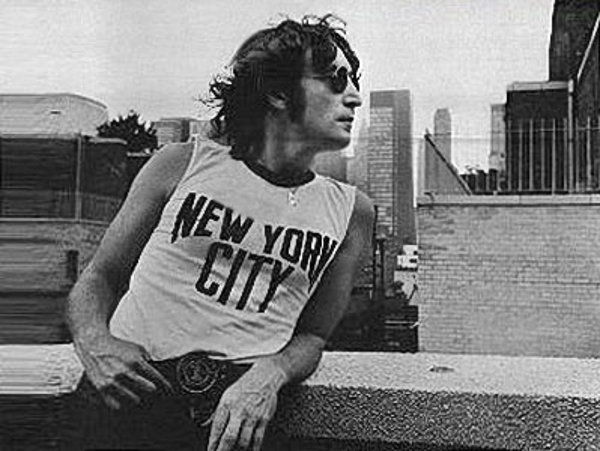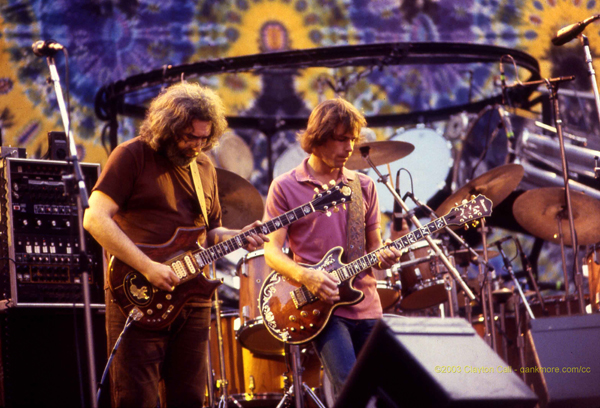
After years of writing picture-perfect pop songs with The Beatles, John Lennon used the first album of his solo career to write with painful honesty about the forces that brought him to that point in his life. Much of 1970’s John Lennon/Plastic Ono Band was devoted to exorcising personal demons such as his troubled family life. But Lennon also wrote powerfully about societal forces that affected his legions of fans as much as they impacted him.
Videos by American Songwriter
“Working Class Hero” is Lennon’s ironic tutorial on how to become a successful citizen by completely subsuming all individualistic traits and succumbing to the intense pressure that begins at childhood and doesn’t end until you’re just another anonymous fool in a grave. Is the song bleak? No doubt. But it’s also chillingly compelling.
Lennon took advantage of his freedom from The Beatles to speak out on political topics, such as when he explained just whom he was addressing in “Working Class Hero” to the left-wing newspaper Red Mole. “They think they are in a wonderful, free-speaking country, they’ve all got cars and tellies and they don’t want to think there’s anything more to life,” he said. “They are prepared to let the bosses run them, to see their children fucked up in school. They’re dreaming someone else’s dream, it’s not even their own.”
Those unwavering sentiments were driven home by John dropping a pair of F-bombs in the song, something that was unheard of from just about any artist at the time let alone one of the most popular ones on the planet. The unnamed “They” that bedevil the bulk of the population shift their shape throughout the song, going from merciless schoolmasters (“They hurt you at home and they hit you at school/They hate you if your clever and they despise a fool”) to ruthless bosses (“There’s room at the top they’re telling you still/But first you must learn how to smile when you kill”) to predatory purveyors of opiates for the masses (“Keep you doped with religion and sex and TV/And you think you’re so clever and classless and free.”)
In the refrain, Lennon sardonically contrasts his own status as a “Working Class Hero” with these subtle crimes against humanity. In an interview with Rolling Stone completed just days before his death in 1980, John admitted that most people missed the song’s point about his life as a rock star having just as many ups and downs as the “fucking peasants” he was trying to warn. “If you want to be a hero, well just follow me” is how the song concludes. Thanks to John Lennon’s embittered eloquence, it’s clear that those who follow should be prepared for a bumpy road ahead.











Leave a Reply
Only members can comment. Become a member. Already a member? Log in.